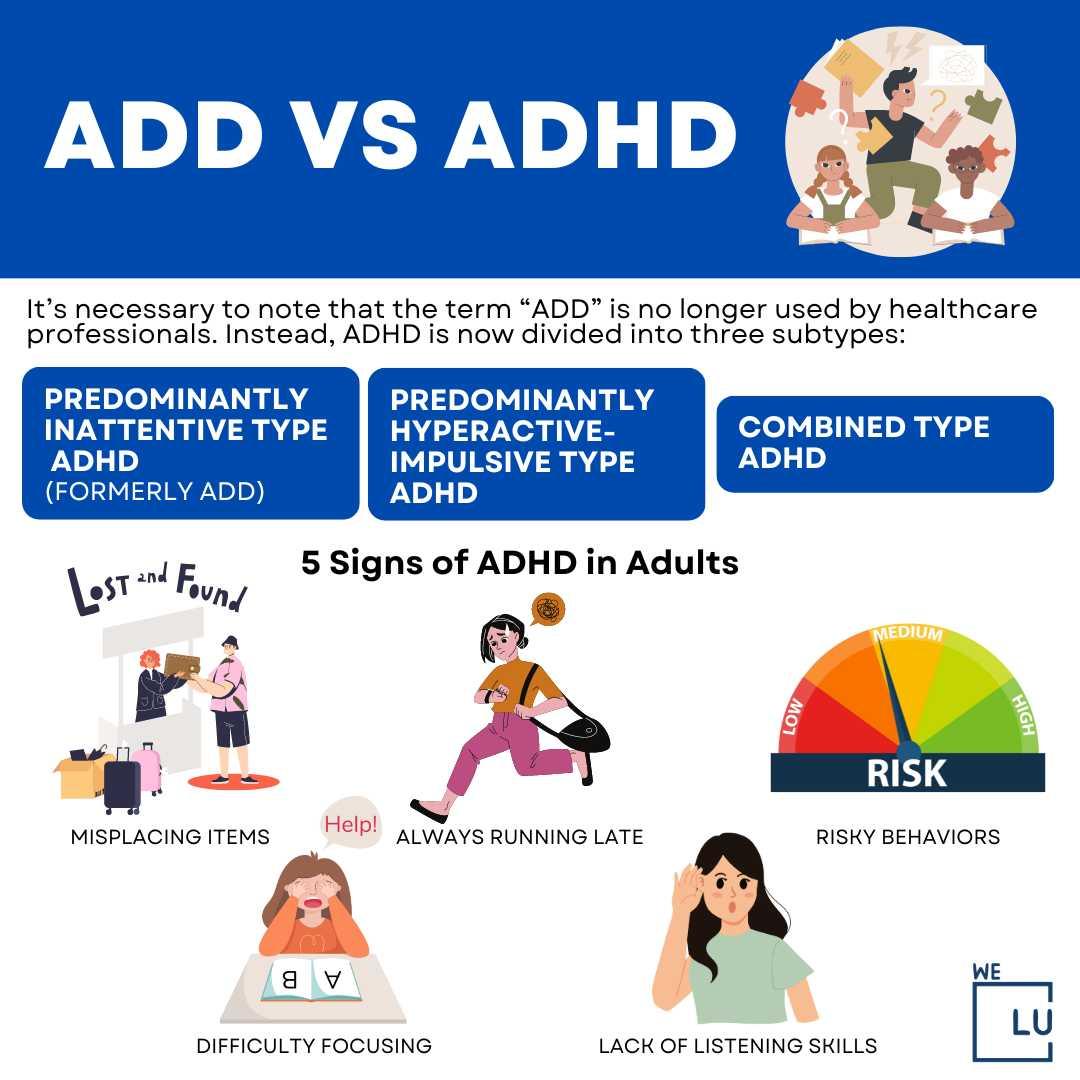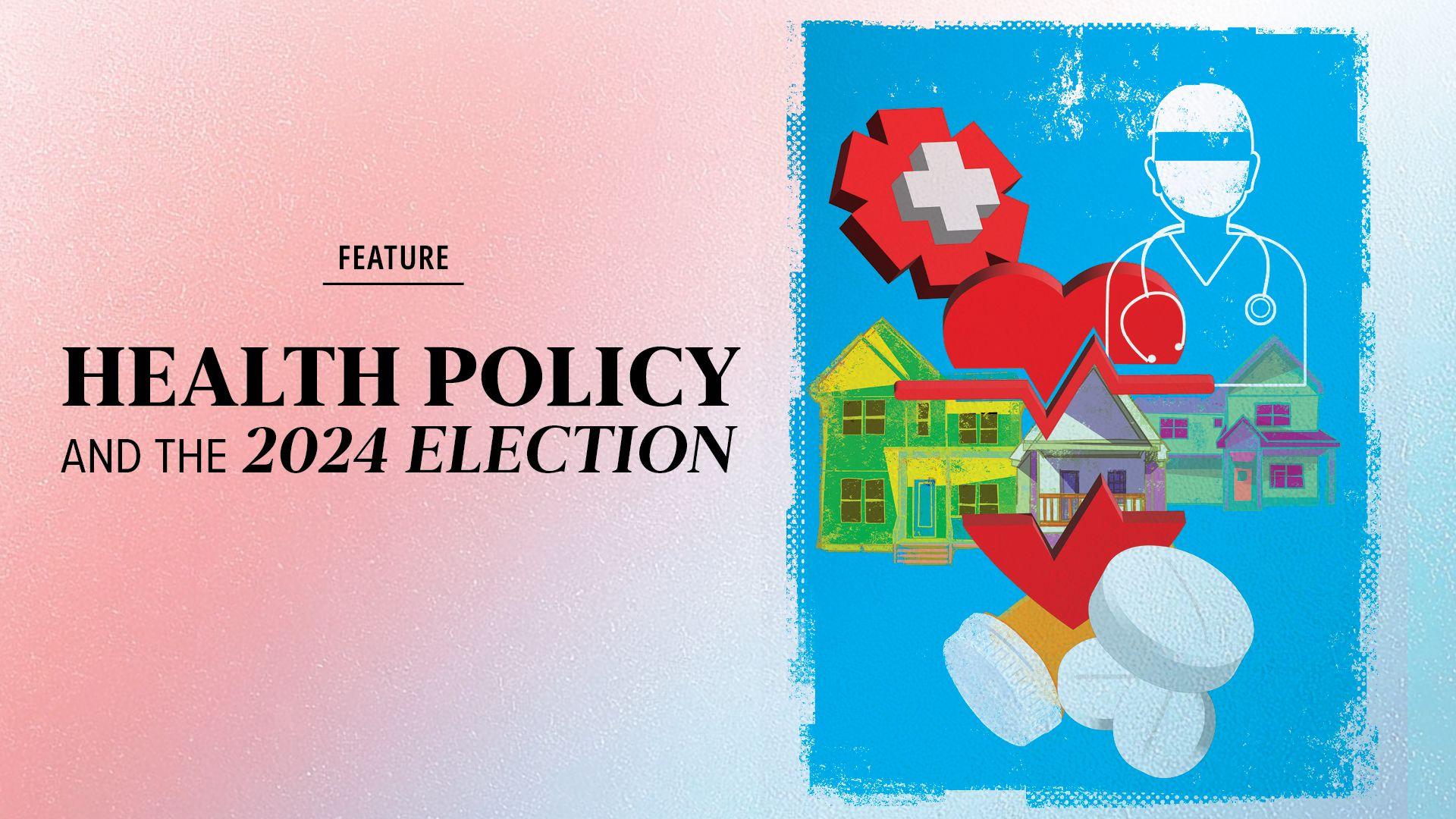Will Trump’s Health Appointments Affect ADHD Stigma and Public Perception? In the complex interplay of politics and public health, the implications of leadership choices resonate far beyond the confines of policy alone. As former President Donald Trump’s medical appointments come into focus, a pressing question emerges: how will these leadership decisions influence perceptions surrounding attention-deficit/hyperactivity disorder (ADHD) and its associated stigma? By examining the intersection of political influence, healthcare accessibility, and societal attitudes toward mental health, this article aims to unpack the potential ramifications of these appointments. Are we on the brink of a cultural shift that could reshape the narrative around ADHD, or will longstanding stigmas continue to prevail? Join us as we delve into this nuanced conversation, analyzing the factors at play and exploring their potential outcomes for individuals grappling with ADHD and those who seek to understand it.
Table of Contents
- Impact of Political Appointments on ADHD Awareness and Education
- Shifting Perspectives: How Health Policy Influences Societal Stigma
- Navigating the Public Discourse on ADHD: Lessons from Recent Appointments
- Strategic Recommendations for Advocating ADHD Understanding in Policy Making
- Q&A
- Concluding Remarks

Impact of Political Appointments on ADHD Awareness and Education
The recent appointments in the health sector hold the potential to either challenge or reinforce existing stigmas surrounding Attention Deficit Hyperactivity Disorder (ADHD). With leaders advocating for mental health awareness, there is a possibility that public perception will shift positively. Key strategies that could emerge from these appointments include:
- Increased funding for ADHD research and education.
- Implementation of comprehensive training programs for educators and healthcare professionals.
- Development of public campaigns aimed at reducing stigma related to ADHD.
However, the effectiveness of these initiatives largely depends on the policies endorsed by appointees and their willingness to engage with advocacy groups. A collaborative approach involving stakeholders can lead to a better understanding of ADHD, enabling society to recognize its impact on individuals and families. Any resistance to acknowledging ADHD as a legitimate condition could perpetuate harmful stereotypes, further complicating the discourse around mental health. The following table summarizes the potential consequences of these political appointments on ADHD awareness and education:
| Potential Impact | Outcome |
|---|---|
| Increased Awareness | More educational resources available to the public |
| Policy Support | Laws favoring ADHD treatment and support systems |
| Stigma Reduction | Improved social acceptance of ADHD |

Shifting Perspectives: How Health Policy Influences Societal Stigma
In recent years, the landscape of health policy has become increasingly intertwined with issues of societal perception, particularly concerning mental health conditions like ADHD. Under Trump’s administration, the appointment of key health officials who may lack a nuanced understanding of mental health issues could have profound effects on how society views ADHD. When health policy is shaped without adequate consideration for the lived experiences of individuals with ADHD, it risks perpetuating a cycle of misunderstanding and stigma. This is critical as mental health initiatives often set the tone for public discourse, influencing both the language used to discuss ADHD and the funding allocated for research and treatment.
The implications of these appointments ripple through various channels—from media representation to educational policies. A focus on traditional medical models, rather than a more comprehensive approach that recognizes the complexity of ADHD, could hinder progress in reducing stigma. It’s essential to understand how the following elements play a role in shaping public perception:
- Media Narratives: Influential appointments can lead to the adoption of narratives that either reinforce stereotypes or challenge them.
- Funding for Research: Investment in ADHD research can be swayed by the priorities set by health appointees, affecting the depth and breadth of our understanding.
- Support for Educational Systems: How schools address ADHD can drastically change based on policies influenced by appointed officials.
| Health Appointment | Potential Impact on ADHD Perception |
|---|---|
| Health Secretary | Shapes national health policy and funding priorities. |
| CDC Director | Influences public health campaigns and education on ADHD. |
| Surgeon General | Acts as a spokesperson, guiding the public narrative around mental health. |
Recent health appointments under Trump’s administration have brought ADHD into sharper focus within the public discourse. Experts from various fields have echoed growing concerns regarding the accuracy of ADHD diagnoses, raising critical questions about how political ideology shapes perceptions of mental health disorders. Instances of miscommunication and misinformation can stem from high-profile endorsements or criticisms, illustrating the profound impact that leadership can have on societal views. Notably, the portrayal of ADHD within political narratives can lead to either a destigmatization of the condition or further entrench existing biases, making it essential for advocates to engage proactively in ongoing dialogues.
Analysis of recent statements and policies highlights several key themes that can navigate the conversation on ADHD. Consider the following factors:
- Education and Awareness: Promoting accurate information about ADHD can diminish stigma.
- Media Representation: The portrayal of ADHD in stories can influence public perception.
- Legislative Support: Policies aimed at supporting mental health can create positive change.
Each element plays a pivotal role in shaping how society views ADHD. The discourse must balance these intricate dynamics, remaining sensitive to both clinical realities and social implications, ultimately fostering a more informed and compassionate understanding of ADHD among the general public.
Strategic Recommendations for Advocating ADHD Understanding in Policy Making
To effectively advocate for a nuanced understanding of ADHD within policy-making, stakeholders must actively engage in collaborative dialogues that include a diverse range of perspectives—from healthcare professionals and educators to affected individuals and their families. Establishing multidisciplinary committees can help facilitate these discussions and ensure that policies are informed by robust scientific evidence while also considering the lived experiences of those impacted by ADHD. Such committees could focus on several key areas:
- Education Initiatives: Implement programs that train educators on ADHD, reducing stigma and improving classroom inclusivity.
- Public Awareness Campaigns: Create targeted media campaigns to normalize ADHD and highlight the challenges faced by individuals.
- Legislation Advocacy: Collaborate with lawmakers to draft policies that protect the rights of those with ADHD and promote equitable access to support services.
In addition to grassroots advocacy, leveraging data and research to support policy initiatives is crucial. Policymakers should be presented with concise, clear evidence that outlines the societal benefits of understanding and supporting individuals with ADHD. This could be presented in a format that simplifies complex information into actionable insights, such as:
| Benefit | Description |
|---|---|
| Enhanced Productivity | Increased support leads to better performance in schools and workplaces. |
| Reduced Healthcare Costs | Early intervention can decrease long-term healthcare needs associated with untreated ADHD. |
By focusing on these strategic recommendations, the community can foster an environment where ADHD is openly discussed in policy circles, thereby reshaping public perception and reducing stigma.
Q&A
Q&A: Will Trump’s Health Appointments Affect ADHD Stigma and Public Perception?
Q1: What is the current landscape concerning ADHD in America?
A1: Attention Deficit Hyperactivity Disorder (ADHD) has seen a mix of increased recognition and persistent stigma in recent years. While awareness about ADHD has grown, leading to better diagnoses and treatment options, many individuals still face negative perceptions and misunderstandings about the condition. Factors such as societal attitudes, media representation, and misinformation contribute to the stigma that can affect those with ADHD in both personal and professional settings.
Q2: How might Trump’s health appointments influence the conversation around ADHD?
A2: Trump’s health appointments, particularly if they include advocates or experts knowledgeable about ADHD, could significantly influence public perception. Appointees with a commitment to mental health could help raise awareness and share valuable insights into ADHD, potentially shifting the narrative toward a more supportive and informed approach. Conversely, appointments that perpetuate outdated views could exacerbate existing stigma.
Q3: What role does the administration play in shaping health policy related to mental health?
A3: The administration has the power to shape health policy through funding, research initiatives, and public health campaigns. These decisions can determine how resources are allocated for mental health education, treatment accessibility, and awareness programs focused on conditions like ADHD. Strong leadership and commitment to mental health can lead to broader acceptance and de-stigmatization of ADHD.
Q4: Could changes in public policy directly impact how ADHD is viewed by society?
A4: Absolutely. Policies aimed at promoting mental health awareness and funding research can help illuminate the complexities of ADHD, reducing misconceptions. When mental health is prioritized at a governmental level, it can foster a culture that values understanding and support, which may lead to a shift in societal attitudes over time.
Q5: What other factors could be involved in changing public perception apart from health appointments?
A5: Public perception of ADHD is influenced by various factors, including media representation, advocacy from influential figures, educational campaigns, and community engagement. Social media also plays a critical role in shaping narratives, as personal stories and experiences are shared widely. Thus, a multifaceted approach is needed to tackle stigma and promote a more nuanced understanding of ADHD.
Q6: What do experts predict for the future of ADHD awareness and stigma?
A6: Experts suggest that progress will depend on ongoing advocacy and dialogue. If future health appointments focus on mental health initiatives, there is potential for a more favorable environment for ADHD understanding. Continuous education and open discussions about mental health can help diminish stigma and encourage individuals to seek help without fear of judgment.
Q7: How can individuals contribute to reducing the stigma surrounding ADHD?
A7: Individuals can play a pivotal role in reducing stigma by educating themselves about ADHD and sharing accurate information within their communities. Encouraging open discussions, advocating for increased mental health resources, and challenging stereotypes can help cultivate an environment of acceptance. Each conversation can be a step towards a world where ADHD is recognized not as a flaw, but as a neurodevelopmental condition that warrants understanding and support.
Concluding Remarks
As the dust settles on the latest chapter of political maneuvering surrounding health appointments under the Trump administration, the broader conversation about ADHD continues to evolve. While the implications of these appointments may still be unclear, one thing is certain: perceptions of ADHD are intertwined with the policies and figures advocating for mental health awareness. As society grapples with ongoing stigma, it is imperative to foster a nuanced dialogue that elevates personal experiences and scientific understanding over partisan rhetoric. The future of how ADHD is perceived may well hinge on the direction of these health appointments, but ultimately, we must remain vigilant in our pursuit of equity and acceptance in mental healthcare. By challenging stereotypes and engaging in informed conversations, we can work together to dismantle the barriers that hinder progress for those affected by ADHD. As we move forward, let us commit to empowering voices that seek to illuminate the complexities of attention disorders, fostering an environment that not only acknowledges but champions mental health for all.
Dr. Jonathon Preston is a respected mental health specialist dedicated to helping individuals overcome challenges. With advanced training in psychology and decades of experience in the mental health field.
